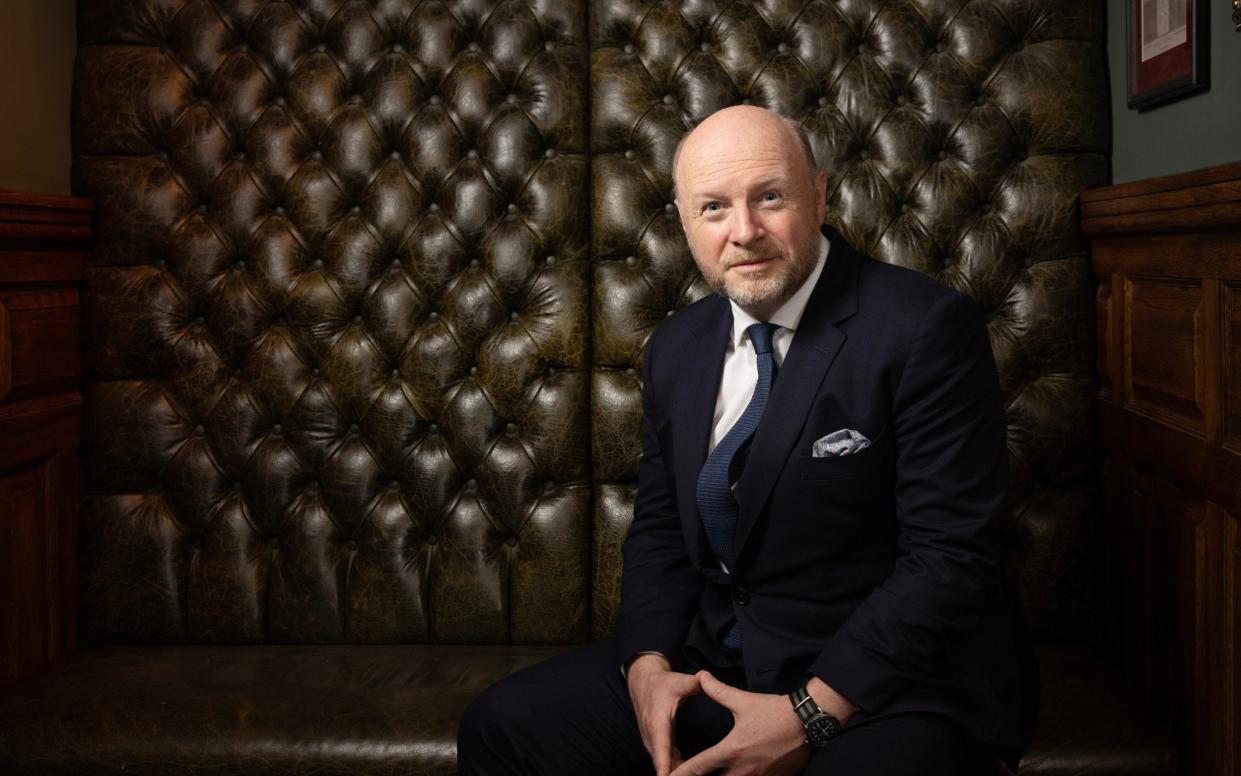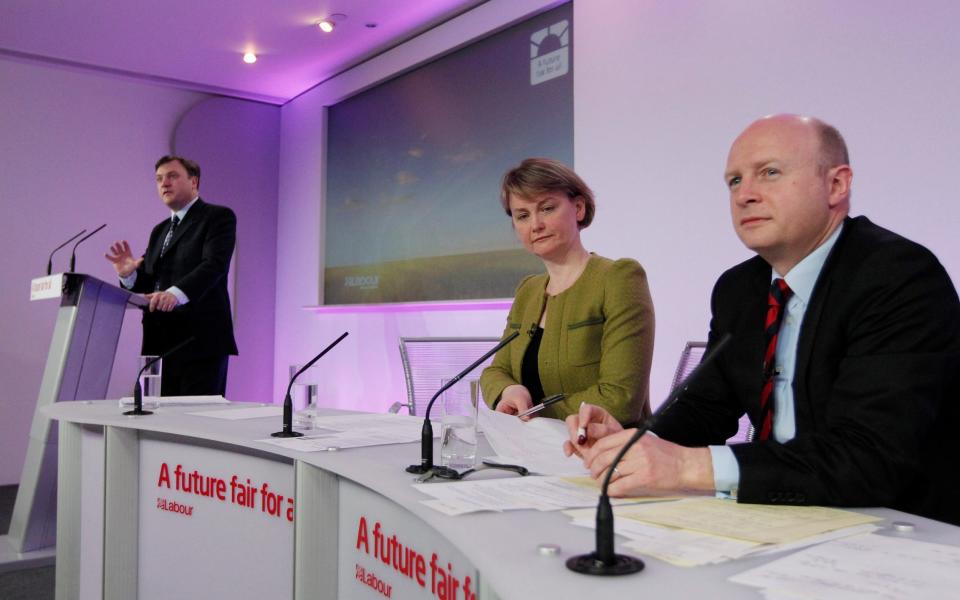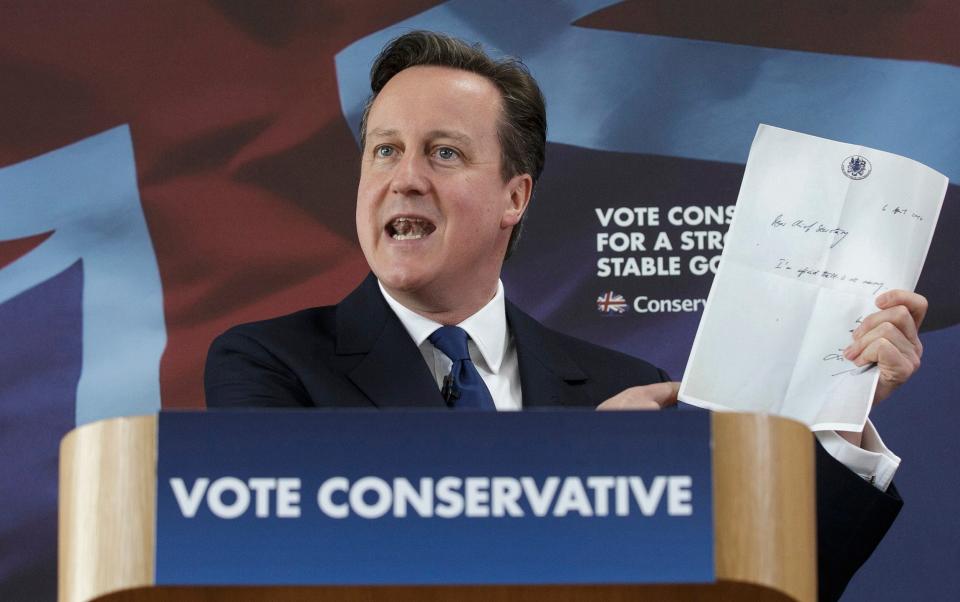Liam Byrne left ‘no money’ in Britain’s coffers – but here’s his plan to get it back

Liam Byrne has written five books. But the Labour MP for Birmingham Hodge Hill is acutely aware that he’ll probably be best remembered for the 12-word note he wrote to his successor as he was clearing his desk in the Treasury following Labour’s defeat in 2010: “Dear Chief Secretary, I’m afraid to tell you there is no money.”
It was supposed to be a joke, and it had several precedents. When Winston Churchill departed the Treasury in 1929, he told Philip Snowden, his successor as Chancellor, that there was “nothing in the till”. Similarly, Reginald Maudling left a note for James Callaghan in 1964 that read: “Good luck, old cock… Sorry to leave it in such a mess.”
Perhaps Tories can get away with such quips. Not so Byrne. “For 15 years, that wretched leaving note has been wielded and waved by prime ministers like a rallying flag for laissez-faire economics,” he writes in the introduction to his latest book. The Inequality of Wealth, Byrne says, is the somewhat less pithy note he wishes he’d left behind instead.
Whatever the motivation, Byrne’s book is timely. In November, the Resolution Foundation think-tank published a blockbuster report on the state of the British economy; it did not make for happy reading. Real wages are, once inflation is taken into account, at roughly the level they were before the 2008 financial crisis. Among G7 countries, the UK is second to only the US in terms of inequality. This “toxic combination” of low growth and persistently high inequality means that, according to the Resolution Foundation, the average low-income household in the UK is £4,300 worse off than that in France. What’s to be done? Keir Starmer or Jeremy Hunt, who attended the report’s launch, both waffled a bit, but didn’t come up with any concrete solutions.
Byrne’s new book doesn’t just, as many before have, identify why inequality exists and detail the problems it creates: he also proposes some means of alleviating the growing divide between the haves and the have-nots. These include establishing a sovereign wealth fund, an overhaul of the tax system and the introduction of a wealth tax of one per cent on those with assets of more than £10m. “There are many reasons why this is fair, among them the fact that much of the wealth accumulation of the last 25 years has simply been driven by lower interest rates,” writes Byrne, “and there is very little basis in economic theory for allowing windfall gains like that to go largely untaxed.”

The first part of the book is the least successful, as it flirts with the politics of envy. Byrne talks about the “absurdity of affluence”, and itemises all the ridiculous things on which rich people choose to spend their money. He highlights American billionaires such as Jeff Bezos and Elon Musk spaffing wodges of their wealth on space rockets. And, on one level, Bezos donning a cowboy hat to take a ride on his decidedly phallic-shaped Blue Origin is fairly preposterous. But there’s nothing dilettantish about Musk’s space endeavours: his reusable rockets have slashed the cost of getting into orbit by a factor of 18, transforming the industry in the process. It’s a disappointing oversight from the author of the excellent economic history, Dragons: Ten Entrepreneurs Who Built Britain.
That said, Byrne is an engaging writer, and his latest book is full of ideas. He’s good at placing the issues of wealth and fairness into historical context, including a bravura whistle-stop tour of 20th century economic thought. He explains how an understandable desire to roll back the power of the state following the Second World War gave rise to “laissez-faire” economics, and what the author terms “market supremacists”. There’s no doubt that the zeitgeist can overcorrect in reaction to what’s gone before. Yet there aren’t many people around today who, in the wake of the financial crisis, are still prepared to swallow the “efficient market” hypothesis hook, line and sinker. Note, too, that some of the most egregious examples of inequality to which Bryne points originate in countries with an all-powerful state, where patronage, cronyism and corruption abound.

There’s also an argument to be had here about cause and effect. It starts with that “wretched leaving note”. Was it really used as an argument for a more hands-off approach? David Cameron and George Osborne certainly brought it up regularly to provide air cover for austerity. But you could make the case that laissez-faire reached its apogee (or nadir) under the Labour government in which Byrne served. It was, after all, Gordon Brown’s tripartite system of governance that resulted in the responsibility for policing the UK’s over-muscled financial system falling through the gaps between the Treasury, the Bank of England and the Financial Services Authority. To dig the economy out of the subsequent hole, the Bank then lowered interest rates to zero and embarked on a massive quantitative-easing strategy.
As Byrne points out, the UK’s many flaws have been “dwarfed” by the era of cheap money – an unprecedented monetary intervention – which boosted the housing and pension wealth of those born in the 1940s and 1950s. This is the dominant economic headwind against which subsequent governments, for all their many flaws, have been struggling ever since.
The Inequality of Wealth is published by Apollo at £20. To order your copy, call 0844 871 1514 or visit Telegraph Books


